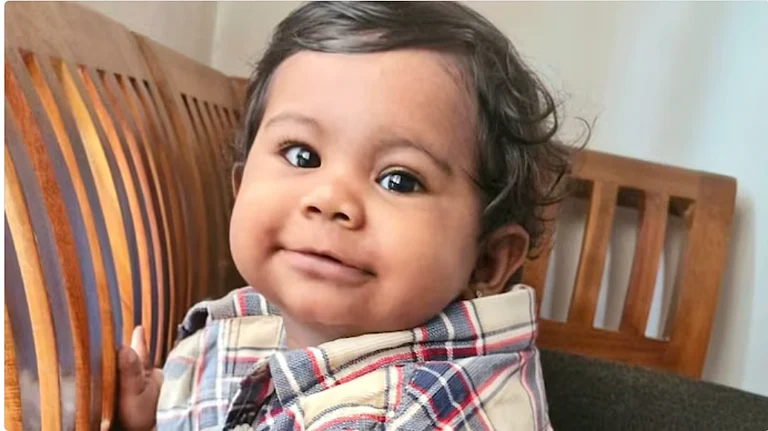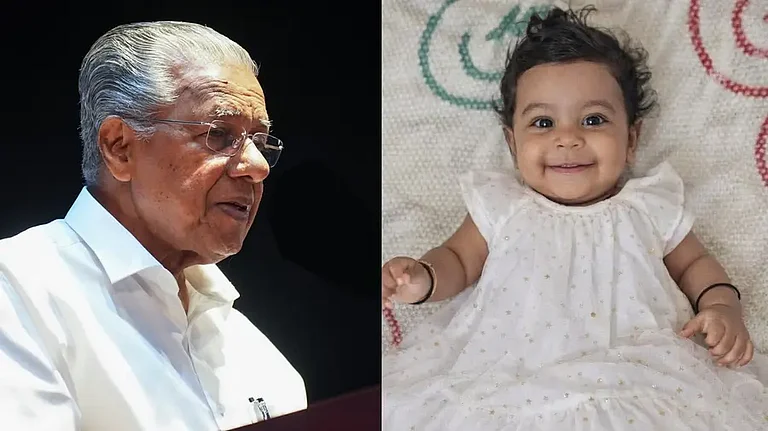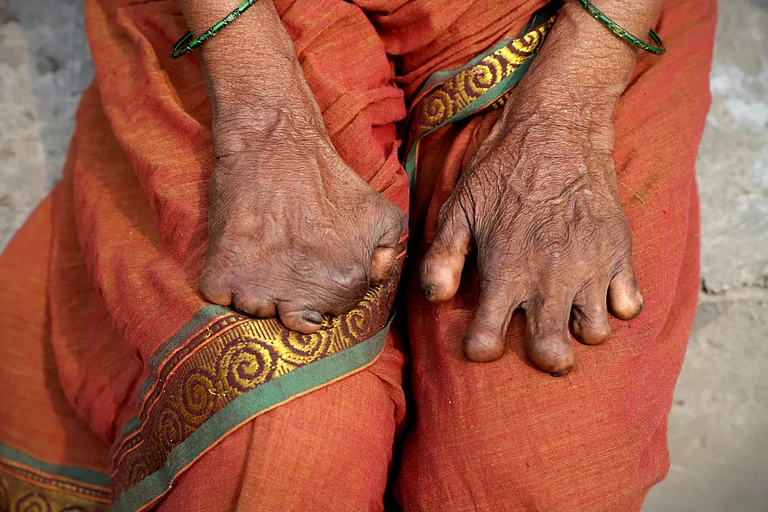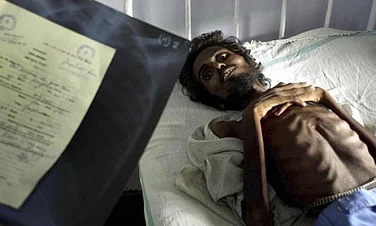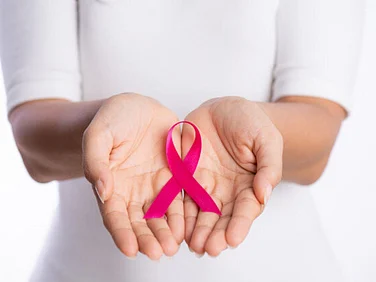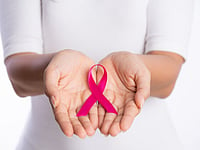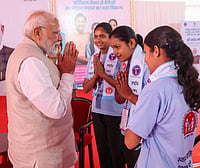In a landmark global health achievement, Maldives has become the first country in the world to achieve triple elimination of mother-to-child transmission (EMTCT) of HIV, syphilis and hepatitis B, according to a formal validation by the World Health Organization (WHO).
The nation had previously achieved EMTCT of HIV and syphilis in 2019. With the recent validation of hepatitis B EMTCT, it now stands alone globally in having successfully eliminated vertical transmission of all three infectious diseases — a feat made possible through sustained investment in maternal and child healthcare, high coverage of immunisation, and universal access to antenatal services.
“Maldives has shown that with strong political will and sustained investment in maternal and child health, elimination of mother-to-child transmission of these deadly diseases — and the suffering they bring — is possible,” said Dr. Tedros Adhanom Ghebreyesus, Director-General, WHO. “This historic milestone provides hope and inspiration for countries everywhere working towards the same goal.”
In the South-East Asia Region alone, the scale of the challenge remains significant. Provisional estimates for 2024 indicate that over 23,000 pregnant women had syphilis, leading to more than 8,000 infants born with congenital syphilis. Additionally, about 25,000 HIV-positive pregnant women required treatment to prevent transmission to their babies. Hepatitis B continues to affect more than 42 million people across the region.
Dr. Catharina Boehme, Officer-in-Charge of WHO South-East Asia Regional Office, noted that the Maldives' achievement was “a testament to its unwavering commitment towards universal health coverage,” and commended the country for ensuring quality and equitable care even across its dispersed island geography.
“This landmark feat is an important step towards ‘Healthy Beginnings, Hopeful Futures’,” she said, adding that it reflects the importance of prioritising maternal and newborn health to end preventable deaths and improve long-term wellbeing.
Central to the Maldives' success has been its comprehensive and integrated healthcare strategy. Over 95% of pregnant women receive antenatal care, including routine screening for HIV, syphilis and hepatitis B.
The country has maintained high immunisation coverage, with the majority of newborns receiving a timely hepatitis B birth dose, alongside full vaccination.
As a result, no babies were born with HIV or syphilis in 2022 and 2023, and a national survey in 2023 confirmed zero hepatitis B prevalence among first-grade schoolchildren — a key indicator in meeting global EMTCT targets.
These efforts are underpinned by universal health coverage that guarantees free antenatal care, diagnostics, and vaccinations to all residents, including migrant populations. Health spending consistently exceeds 10% of GDP, reflecting a long-standing national commitment to inclusive healthcare.
“This historic validation is a moment of immense pride for the Maldives,” said Maldives Health Minister Abdulla Nazim Ibrahim. “Achieving triple elimination is not only a milestone for our health sector, but also a pledge to our people that we will continue investing in resilient and high-quality health services that leave no one behind.”
The achievement is being attributed to close collaboration between government, civil society, private health providers, and global health partners, including WHO. Joint efforts in screening, outreach, digital tracking, and policy support played a crucial role in meeting EMTCT targets.
“Maldives’ triple elimination stands as a powerful example of how sustained investment in health systems, innovation, and community-based care can change the trajectory of public health,” said Payden, WHO Representative to the Maldives.





